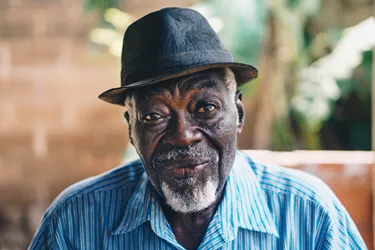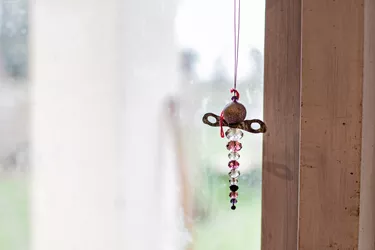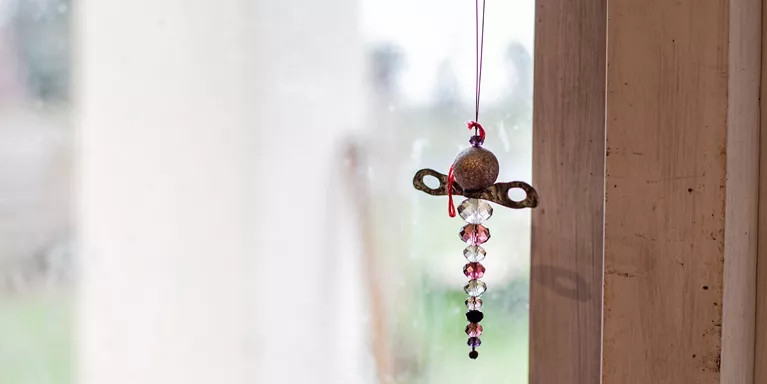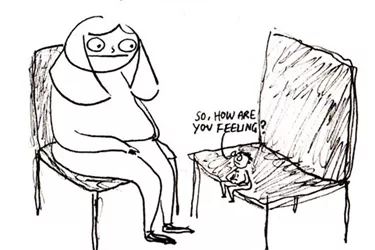Mentalisation Based Therapy
Jessica blogs about her experience of taking part in group Mentalisation Based Therapy.
Since my adolescence, I have held a very fixed, negative view of what group therapy is like. In my head, I saw myself sat sullenly in a circle with other similarly unhappy group participants, in silence, while a bumbling therapist tried unsuccessfully to engage us in conversation. I felt like group therapy was something that people were coerced into attending, and so I expected it to have a very hostile atmosphere. I worried that the other participants would be ‘worse’ than me in some way, that I might be ridiculed for anything I chose to share, or I might end up in a group of people that I disliked and could not identify with.
However, having just about completed a six-week introductory course of Mentalisation Based Therapy (MBT), I have to admit that actually, attending group therapy has been one of the best decisions I’ve ever made.
That’s not to say that it wasn’t difficult for me, of course! My first session was a very uncomfortable, intense experience, and I wasn’t sure about whether I would want to go back afterwards. And, understandably, talking about my most intense emotional experiences in front of a group of people (strangers!) was pretty scary.
On top of this, in my first session I was told that MBT was originally designed for people with Borderline Personality Disorder (BPD), which I don’t have. I was ready to take my leave when our therapist pointed out that BPD is related to difficulties with attachment in our formative years, and that seeing as everyone experienced attachments of some kind, that it was also possible for anyone to then experience the difficulties associated with BPD on a spectrum.
She was brilliant at making me feel at ease, and at reassuring everyone in the room that we belonged there. I was still a bit unsure, but decided to commit to the therapy.
Mentalisation is best summed up as "thinking about thinking". It is being able to understand our own mental state and that of other people, and how this effects our behaviour. I identified with it immediately, as I really struggle with identifying what my emotions are and where they come from. I often feel like this horrible, ominous feeling just creeps up on me out of nowhere for no reason at all. I also tend to feel bad around other people, and see everything as a sign that they dislike me or that I’ve done something wrong.
This totally fits what MBT is aimed at fixing! Not only was it a revelation to learn about a therapy that "fitted" my problems, it was also amazing to hear other people voice feelings and thoughts that I assumed only I experienced. In the first session, I nearly cried on more than one occasion when someone said out loud what I was thinking, and suddenly I realised I wasn’t alone. I really, really can’t emphasise enough how good that felt. I can’t even put it into words. It was freeing, and liberating, and gave me a real sense of awe. It was a massive relief. I identified with three strangers in a way that I had never been able to with anyone else, ever. I hadn’t even realised how isolated I felt until I went to this group and found validation for my feelings in the other group members.
I was also reassured to hear that I wasn’t the only one with reservations about group therapy. In fact, we dropped from a group of six to a group of four by the third session, due to two participants deciding that MBT wasn’t for them. Oddly, we were encouraged to discuss how this made us feel afterwards, which was unexpected but really helpful. We were able to acknowledge how MBT wasn’t for everyone, but congratulated one another for sticking with it, despite it being quite hard sometimes.
And that’s what I’d really like to be able to say to anyone considering group therapy as a treatment option. Yes, it is quite daunting to have to sit in a room of strangers and open up about your feelings. But you won’t be the only one in that group who is anxious about being there, and if you can find the courage to say so, then I think you’ll be pleasantly surprised by how many people identify with that.
Groups offer solidarity, support and reassurance for people in crisis and in recovery. I would recommend it to anyone struggling with their emotions or relationships within their mental health difficulties!
Hi, I’m Jess. I’m 23, and I’ve had depression and anxiety for the best part of the last 10 years. When I’m not writing about mental health, I work as a mental healthcare assistant in a prison, and enjoy doing parkour and Krav Maga! Please feel free to read more about my experiences of mental health on my blog. You can also follow me on Twitter @jessikacakaca. Thank you!


Information and support
When you’re living with a mental health problem, or supporting someone who is, having access to the right information - about a condition, treatment options, or practical issues - is vital. Visit our information pages to find out more.
Share your story with others
Blogs and stories can show that people with mental health problems are cared about, understood and listened to. We can use it to challenge the status quo and change attitudes.

















